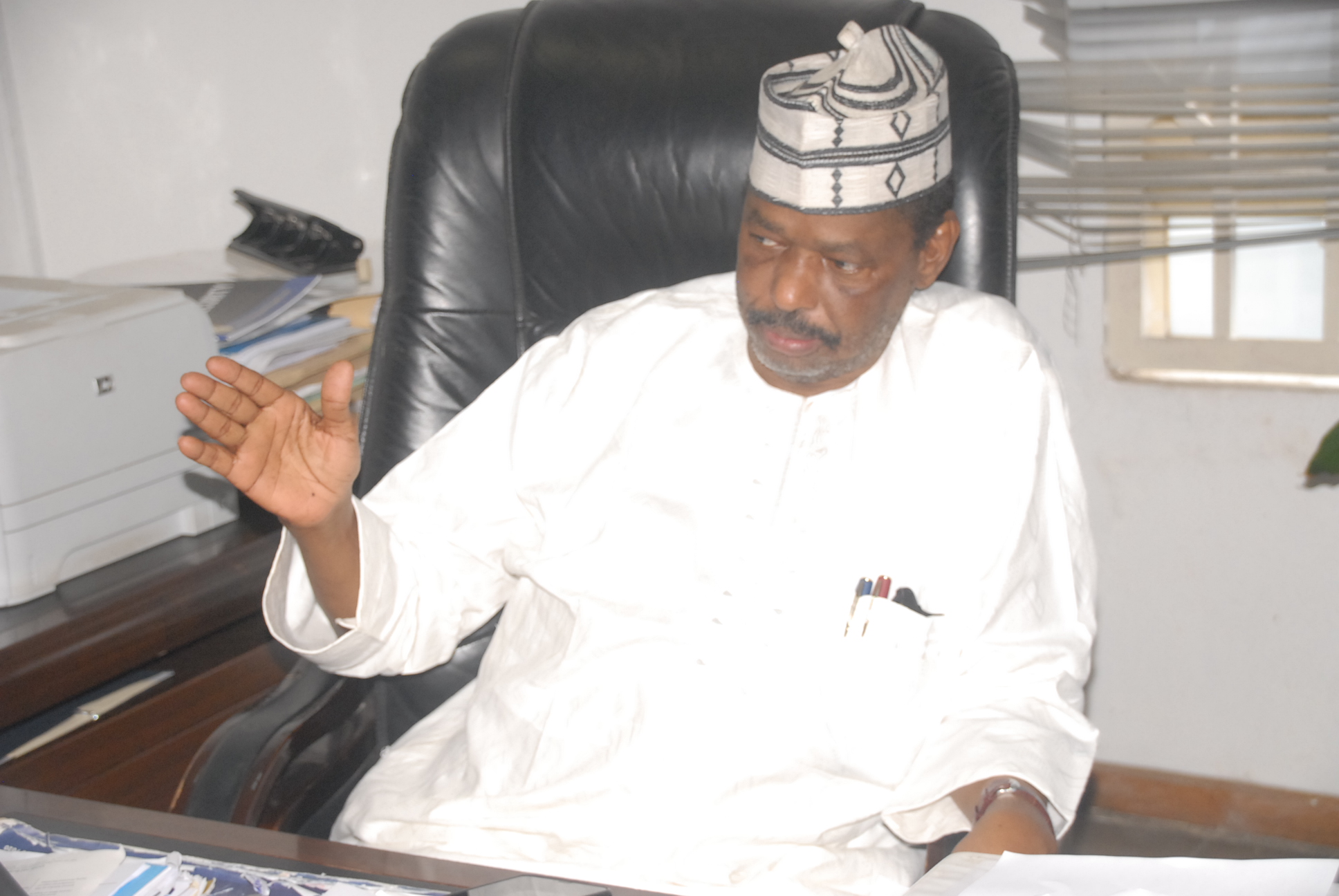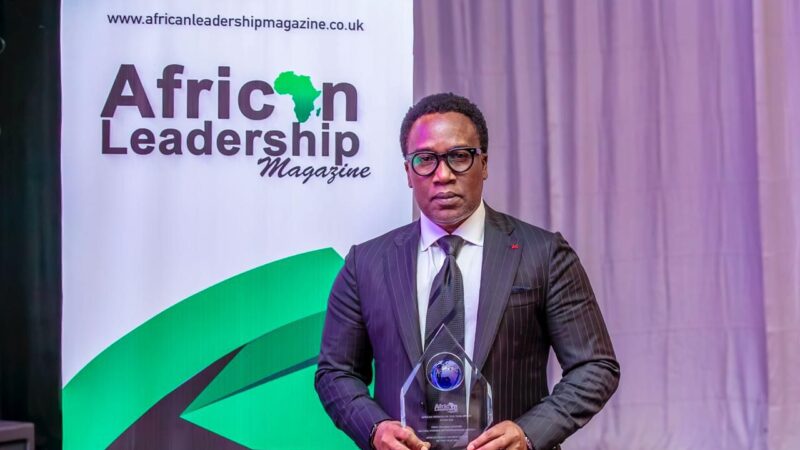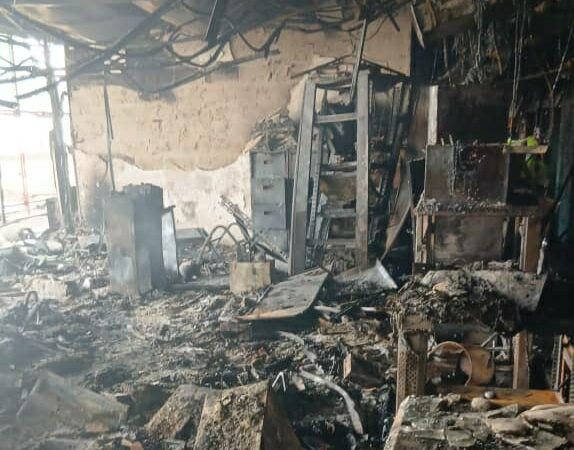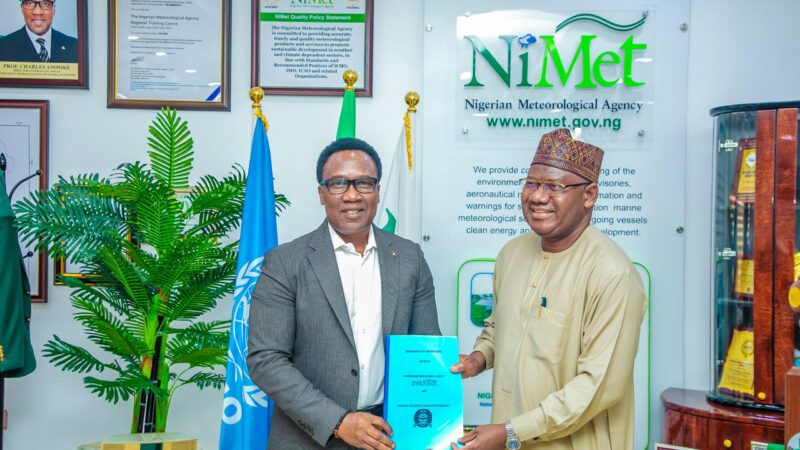NCAA tasks Aviation Correspondents on developmental journalism


The Director-General (in an acting capacity) of the Nigerian Civil Aviation Authority (NCAA), Capt. Abdullahi Sidi, has urged members of the League of Airport and Aviation Correspondents (LAAC) to tailor their reportage towards developmental issues that will reposition the industry for growth.
Speaking at the opening ceremony of the 2020 Annual Training of LAAC members at the Nigerian College of Aviation Technology (NCAT), Zaria, Sidi admonished all participants to desist from “approval” reportage, as it has a damaging effect on the industry.
“After this training, it is expected that there will be continuous improvement in the approach and reportage of the industry. It is my humble view that there should be a paradigm shift from approvals to developmental journalism.
Recently, the level of approval reportage has soared and if not reduced, it may lead to complacency. This is not healthy for the industry,” said Sidi.
According to him, journalists are now reporting government press releases and events however, leaving little space for analysis or evaluation of developmental issues.
But on the flip side, he noted that developmental journalism, if embraced with precision, would bring attention to issues that are hitherto overlooked or under-represented by other media and stakeholders.
“If the truth must be told, there is a plethora of issues in aviation that could be highlighted to support the notion of the media as a tool for national development.
“Therefore, it will be a significant development if developmental issues affecting aviation are brought to the front burner.
“Aviation Industry in Nigeria has consistently craved for Foreign Direct Investment (FDI).
“Our esteemed practitioners can do well to in a most lucid way to highlight investment baskets in the industry.
“The issue could border on any segment of aviation that can impact the industry by way of a policy shift or elicit a course of action.
“In doing this, the agencies will be thoroughly challenged and consequently provide an industry that every Nigerian will be proud of.
It will, therefore, be highly commendable if the reportage is redirected and focused on developmental activities as well as coverage reporting.”
He, however, commended the role of the correspondents over the years for bearing the face of the industry in their reportage, adding that they are indispensable and would continue to be worthy partners to reckon with.







